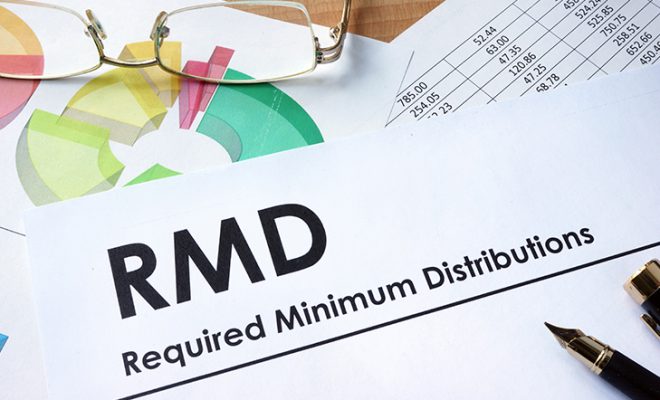How to Avoid a False Sense of Security in Retirement

As per a recent survey conducted by the Employee Benefits Research Institute, over 30% of Americans over the age of 55 have only saved $ 10,000 for retirement. The idea of Social Security and Medicare has led most people to believe that they don’t need to save in other types of accounts or investment vehicles. Sometimes the ignorance or lack of proper understanding of employer retirement accounts like individual retirement account (IRA) or 401 (k) also adds fuel to the fire. Even though the government offers various schemes for retirees, it is crucial to understand that they are not enough to cover all your living costs.
Table of Contents
5 Steps to avoid Most common blunders that create a false sense of security in retirement
1. Don’t delay your retirement planning
Procrastination is a universal problem that can make matters worse. We like to believe that we have a lot of time left. Surprisingly, even people in their 40s and 50s tend to think that they have many years of job security in front of them and they need not think about retirement. However, if you do the math, you will realize that a person in their 40s, who wishes to retire in their 60s, barely has 10-15 years to save up for the next 25-30 years of their life.
Ideally, retirement planning should be incorporated into your financial goals right from your first paycheck. Here’s a calculator that can help you know a good time for you to start saving for retirement. If you haven’t started saving yet or if you are not meeting your goals, you should start looking for ways to speed up your retirement savings.
2. Don’t undermine your retirement expenses
Another collective delusion that most people carry, is to believe that living expenses drop drastically after retirement. Some expenses indeed reduce in old age, but you are also burdened with many new ones. Despite health insurance and Medicare, deteriorating health can increase your expenses manifold. In fact, Medicare was recently in the news for running massive deficits. This can mean high medical expenses for retirees.
Other common sources of expenditure are linked to family emergencies, home maintenance, increased travel (to see your children, etc). You should never undermine your expenses. Always remember that life is unpredictable, and you can encounter unforeseen expenses at any age.
3. Don’t depend on government benefits alone
Social Security benefits and Medicare are undoubtedly a great financial cushion for your retirement. However, you must understand that these benefits come with a set of rules.
There is an age criterion to withdraw them.
- They are calculated along with other sources of income.
- They can be subjected to tax and penalties in some situations.
While these benefits are an added relief to your retirement funds, they are not sufficient alone. To think that you can depend on them solely is incorrect. It is good to branch out your investment portfolio and include other ways of increasing your income for retirement.
You should also know the right time to claim government benefits. For example, claiming Social Security after the age of 70 can increase your benefits by a whopping 8 %.
4. Don’t undermine taxes
Some people wisely distribute their savings in different retirement accounts, however, they omit to consider the most important aspect, i.e. taxes. Not accounting for taxes can seriously alter the course of your retirement. You may retire believing you have a certain amount of money, but can end up losing a significant portion of it to taxes. Make sure you understand the tax nuances that come with every type of account or investment. Whenever you calculate your retirement income, always remember to deduct the taxes. You must also keep a buffer for penalties, in case you have to withdraw your money sooner than the stipulated age.
5. Don’t forget inflation
The cost of living is always on the rise with inflation being an inevitable part of the future. When you plan your retirement, it is important to account for these rising expenses. Here’s a calculator to determine how taxes and inflation can affect your future savings. As a rule of thumb, always keep an additional cushion that’s enough to cover the costs of inflation. It is also essential to study and follow recent inflation trends and accordingly pick a city where the cost of living is comparatively low.
To sum it up
The only way to not sleepwalk your way through retirement planning is by regularly reviewing your progress and setting new goals. Your retirement income is a lot more than employer accounts and government benefits.
You must understand that retirement planning is a dynamic process that involves many other forms of savings and investments. You should also constantly consider factors like inflation, currency dips, market status, etc. and keep diversifying your portfolio to maximize your income and savings. Don’t think of retirement as the ‘last few years of your life’ that require little or no attention. Retirement is a long drawn phase that can be just as exciting, eventful, and cost-consuming as any other phase of your life.
Do you need help in avoiding financial mistakes that give you a false sense of security in retirement? Reach out to financial advisors to leverage their expertise in the matter.
















